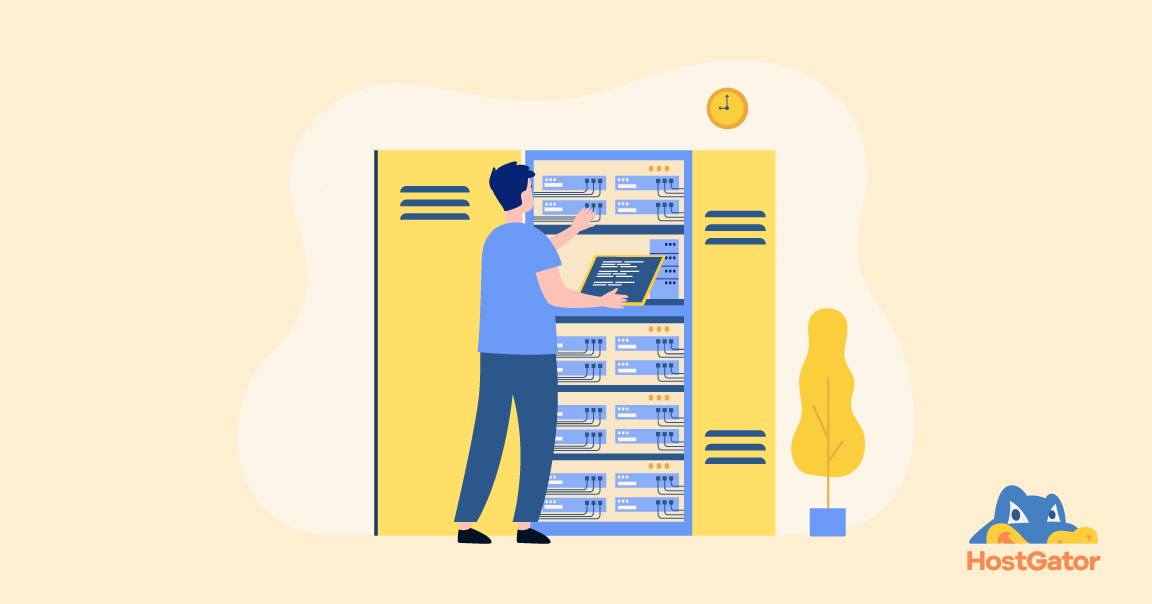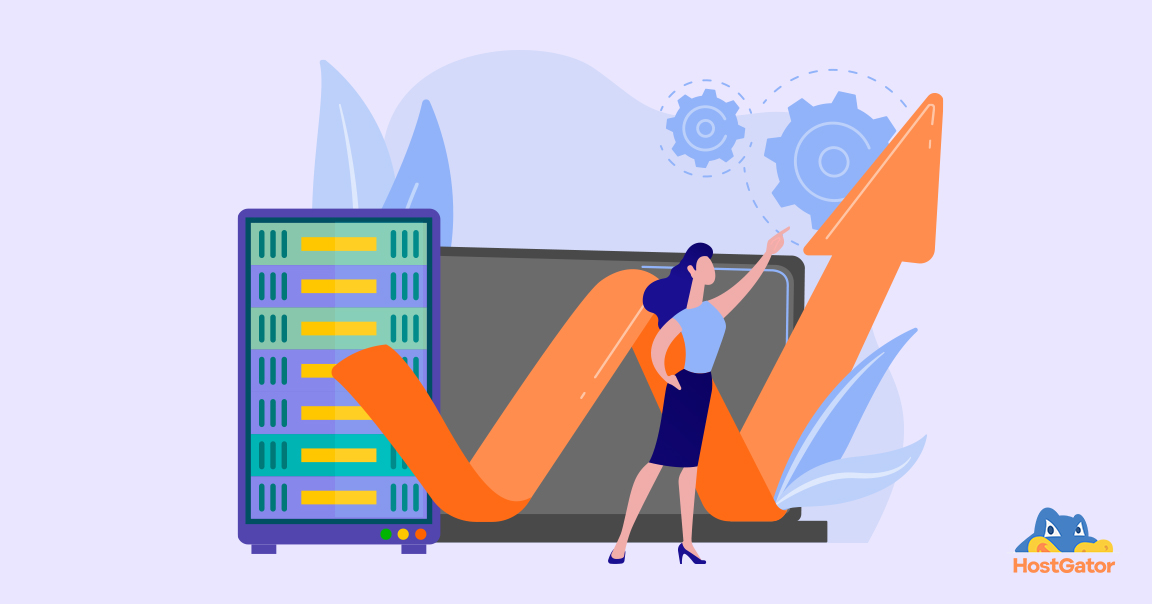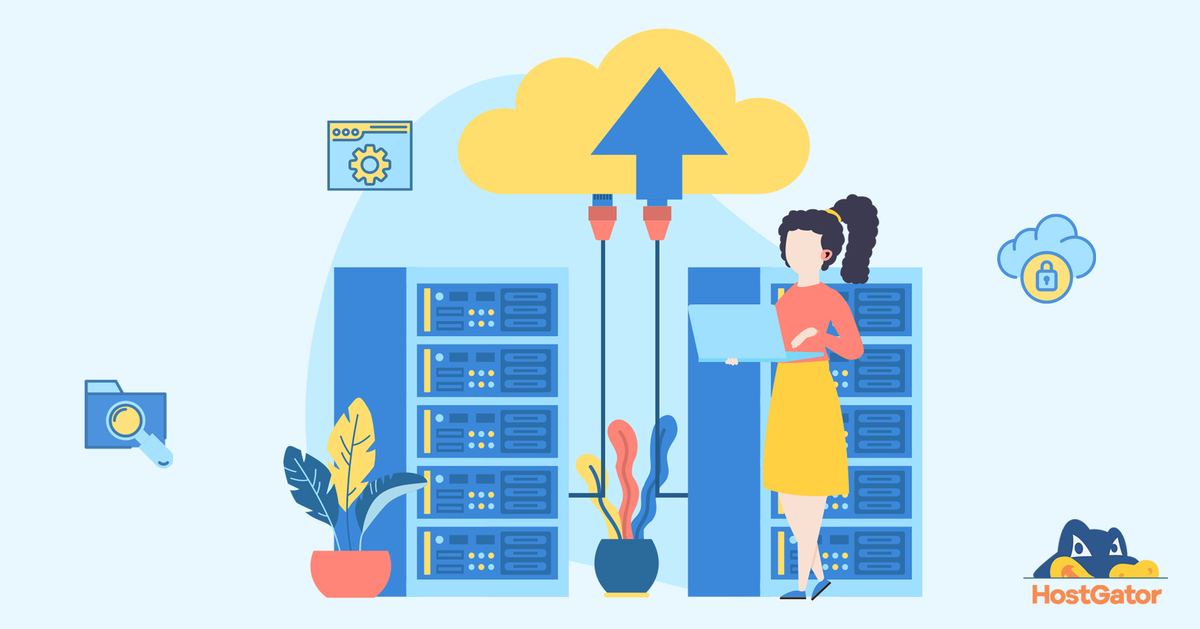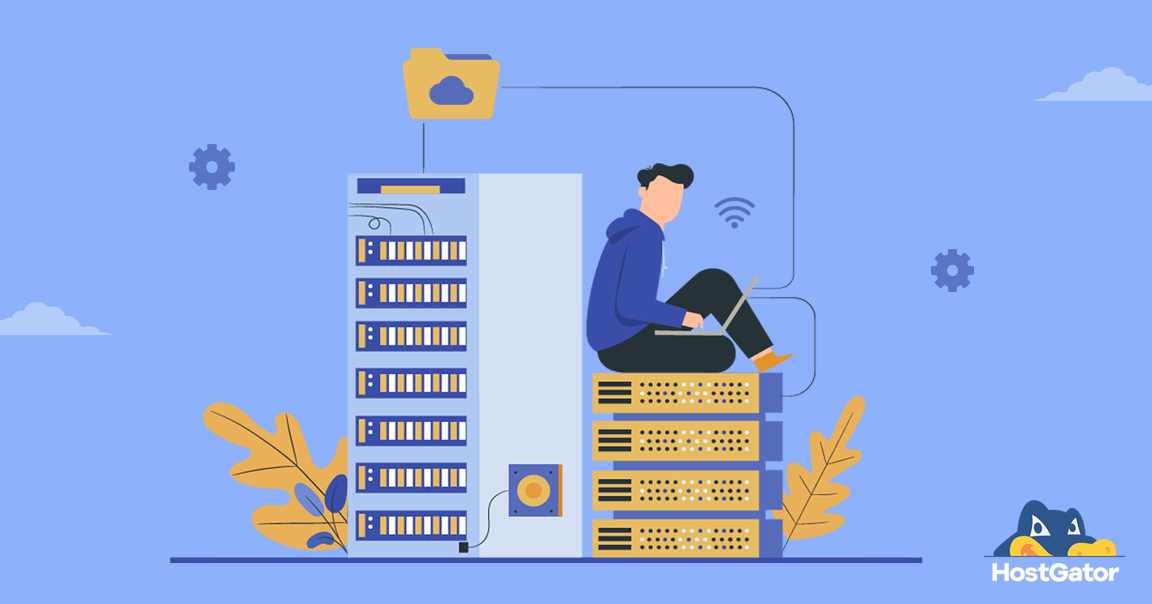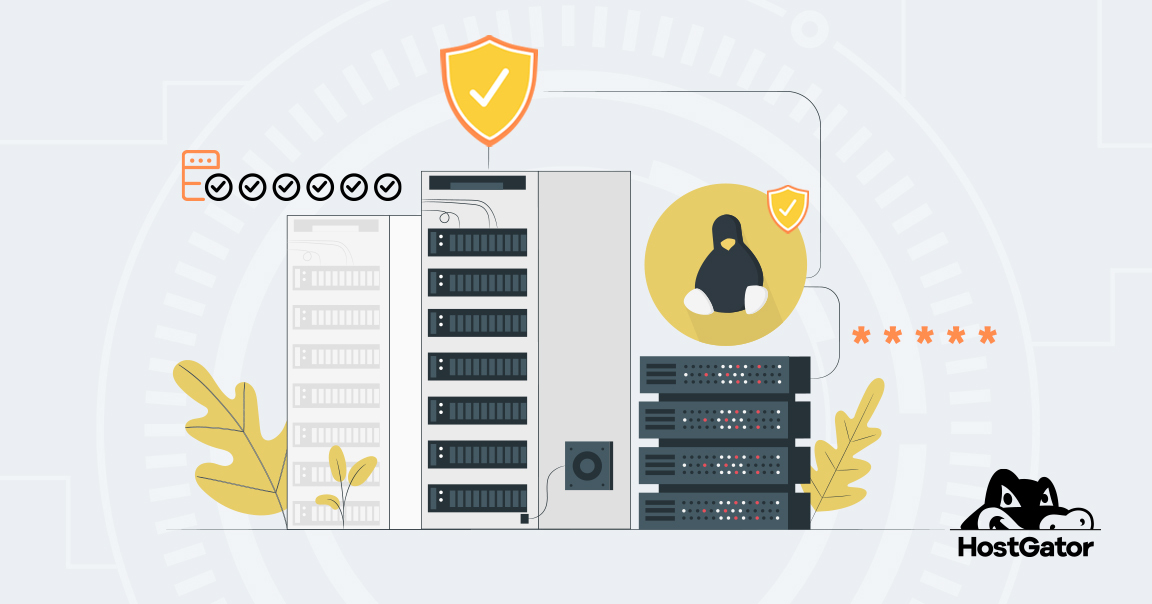Dedicated server hosting is ideal for corporations and individuals that require high-performance web hosting. Unlike shared hosting, where multiple websites share one server resource, a dedicated server is entirely devoted to a single client.
This exclusive arrangement offers numerous benefits, including enhanced performance, security, and control. Let’s explore more in-depth.
What is a Dedicated Server?
Dedicated servers are physical data centre servers reserved only for one client. This means all the server’s resources – including CPU, RAM, storage, and bandwidth – are dedicated to hosting your websites, applications or services. The dedicated server setup provides a level of performance and flexibility that is unmatched by other hosting options.
Key Benefits of Dedicated Server Hosting
-
Dedicated Resource Allocation
With a dedicated server, you have full access to all the server’s resources. This means you don’t have to worry about other users impacting your website’s performance. Whether you’re running a high-traffic e-commerce site or a resource-intensive application, a dedicated server can handle it with ease.
-
Complete Control Over the Server
When setting up a dedicated server, you get root access to the machine. This level of access allows you to configure the server exactly to your specifications. You have the option to choose the operating system, install any necessary applications, and modify the server environment as needed.
-
Enhanced Security
Dedicated servers offer superior security compared to shared hosting environments. Since you’re not sharing the server with anyone else, there’s no risk of security breaches from other users on the same machine. You also have the freedom to implement advanced security measures tailored to your specific needs.
-
Customisation Options
The dedicated server configuration process allows for extensive customisation. You can select the hardware specifications that best suit your needs, including CPU type and speed, amount of RAM, storage capacity, and network interface options.
Steps in Setting Up a Dedicated Server
Now, let’s walk through the process of setting up a dedicated server. This guide will give you a clear picture of what’s involved in the dedicated server setup process.
Step 1: Choose Your Hardware
The first step in the dedicated server setup is selecting the appropriate hardware. Consider factors such as:
- CPU type and speed
- Amount of RAM
- Storage type (HDD or SSD) and capacity
- Network interface card (NIC) speed
Choose based on your requirements and budget. If you’re unsure, most hosting providers offer guidance to help you make the right decision.
Step 2: Select an Operating System
Next, you’ll need to choose an operating system (OS) for your server. Common choices include:
- Linux distributions (e.g., CentOS, Ubuntu Server, Debian)
- Windows Server
Your choice will depend on the applications you plan to run and your team’s expertise. Linux is often chosen for its reliability and cost-effectiveness, although Windows Server may be required for certain applications.
Step 3: Install the Operating System
Once you’ve chosen your OS, the next step in the dedicated server configuration is installation. This process typically involves:
- Booting the server from an installation media (usually done remotely by the hosting provider)
- Following the OS installation wizard
- Setting up initial user accounts and passwords
- Configuring basic network settings
Step 4: Secure Your Server
Security should be a top priority when setting up a dedicated server. Essential security measures include:
- Updating the OS and all installed software
- Configuring a firewall
- Setting up intrusion detection systems
- Implementing strong password policies
- Disabling unnecessary services and ports
Step 5: Install Necessary Software
With the OS installed and secured, you can now install the software needed for your specific use case. This might include:
- Web server software (e.g., Apache, Nginx)
- Database management systems (e.g., MySQL, PostgreSQL)
- Programming languages and frameworks (e.g., PHP, Python, Ruby on Rails)
- Content management systems (e.g., WordPress, Drupal)
- Email servers
- Monitoring tools
Step 6: Configure Your Server
The next step in the dedicated server setup process is configuring your server for optimal performance. This involves:
- Tuning the OS for your specific workload
- Configuring web server settings
- Optimising database performance
- Setting up caching mechanisms
- Configuring backups
Step 7: Set Up Monitoring and Maintenance Procedures
You will need to set up tracking and maintenance procedures for your private server to make sure it keeps running at its best. This includes:
- Implementing server monitoring tools
- Setting up automated backups
- Scheduling regular security updates
- Planning for hardware maintenance and upgrades
Challenges in Setting Up a Dedicated Server
Dedicated servers have many advantages, but they can have drawbacks:
- Technical Expertise: Setting up and operating a dedicated server takes technical expertise. If you don’t have this expertise in-house, you may need to hire a system administrator or opt for a managed dedicated server.
- Initial Setup Time: The process of setting up a dedicated server can be time-consuming, especially if you’re doing it for the first time.
- Cost: Dedicated servers cost more than VPS hosting or shared. However, for many businesses, the benefits outweigh the additional cost.
- Responsibility: With great power comes great responsibility. You’re in charge of all aspects of server management, including security, updates and troubleshooting.
Managed vs. Unmanaged Dedicated Servers
When considering a dedicated server setup, you have two main options: managed or unmanaged.
Managed Dedicated Servers
Managed dedicated servers let the hosting provider handle most server administration responsibilities, including:
- OS and software updates
- Security management
- Performance monitoring
- Technical support
This is the best choice if you don’t know how to run a server or don’t have the time.
Unmanaged Dedicated Servers
Unmanaged dedicated servers provide you full control. You’re responsible for all aspects of server management. This option is best if you have the necessary technical skills and want maximum flexibility in your server setup.
Best Practices for Dedicated Server Setup
To ensure a smooth and effective dedicated server setup, consider these best practices:
- Plan Ahead: Before you start the setup process, clearly define your requirements and plan your server configuration accordingly.
- Start with Security: Make security a priority from the beginning. It’s easier to implement strong security measures from the start than to add them later.
- Document Everything: Keep detailed records of your server configuration, installed software, and any changes you make.
- Regular Backups: Implement a robust backup strategy to protect your data.
- Stay Updated: Update OS and applications regularly to get the newest security updates and features.
- Monitor Performance: Keep an eye on your server’s efficiency and resource use with tracking tools.
- Scalability: Plan for future growth when setting up your dedicated server.
Conclusion
Although setting up a dedicated server might be difficult, with careful planning and the right approach, it can provide your business with a powerful, flexible, and secure hosting solution. It gives you unmatched control over your hosting environment, letting you modify every aspect to suit your unique requirements.
By following the steps and best practices outlined in this guide, you’ll be well on your way to a successful dedicated server configuration.
At HostGator, our dedicated servers offer unparalleled performance and control for your web hosting needs. With our powerful hardware, expert support, and flexible customisation options, you’ll have everything you need to take your online presence to the next level.



